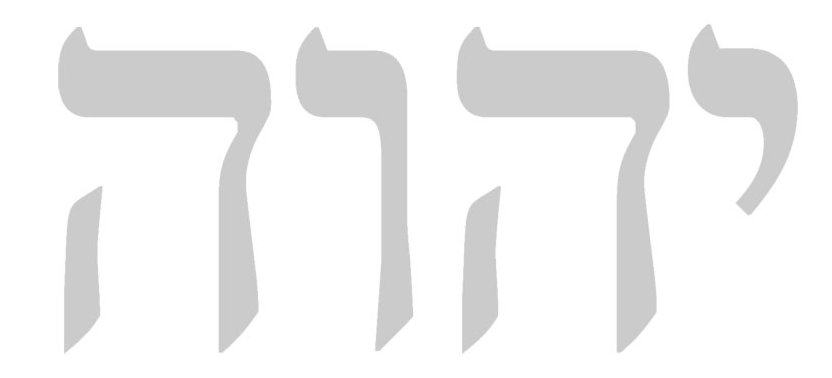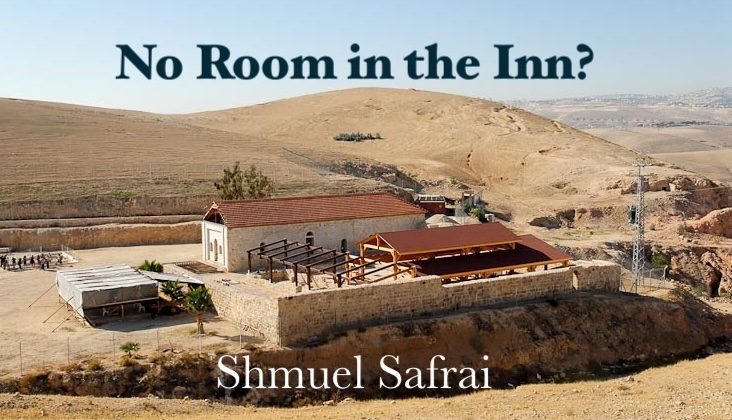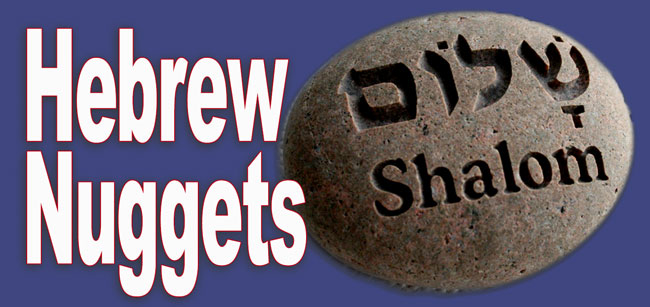What was an inn like at the time of Jesus’ birth? Did it provide separate rooms, or was it like a dormitory with one big room?
“Jehovah”: A Christian Misunderstanding

In any attempt to understand the Bible, there is no substitute for a knowledge of ancient Jewish custom and practice. For example, the term “Jehovah,” which is found in many Christian translations of the Bible, originated due to Christian lack of awareness of Jewish custom.
The Shema in Early Jewish Teaching

“Hear, O Israel: The Lord our God, the Lord is one” (Deut. 6:4), known as the Shema, is a foundational teaching of both Judaism and Jesus.
The Divine Name in the Hebrew New Testament

God has a personal name: YHVH. Like Semitic names in general, it was intended to reflect something of the bearer’s character. YHVH is related to the root h-v-h, “to be”, and reflects God’s eternity and timelessness.
What Is the Priest Doing? Common Sense and Culture

Common sense is connected to cultural expectations. What is understandable in one culture may be opaque in another.
Master and Disciple

To understand the relationship between a first-century master and his disciples, one must appreciate the central role of Torah in ancient Jewish society.
Sabbath Breakers?

Jesus’ observance of the commandments has been a topic of vigorous scholarly debate. However, when the Synoptic Gospels are carefully examined, one sees that Jesus never violated written or oral Torahs. But did his disciples?
What Kind of Blessing Is That?

In some cases a more informed understanding of the original setting of the Gospels can be communicated easily in a translation. A good translation will reflect that fuller, culturally appropriate understanding.
A Friend of Tax Collectors

Tax collectors were especially hated because they increased their profit by collecting more taxes than their masters actually demanded.


